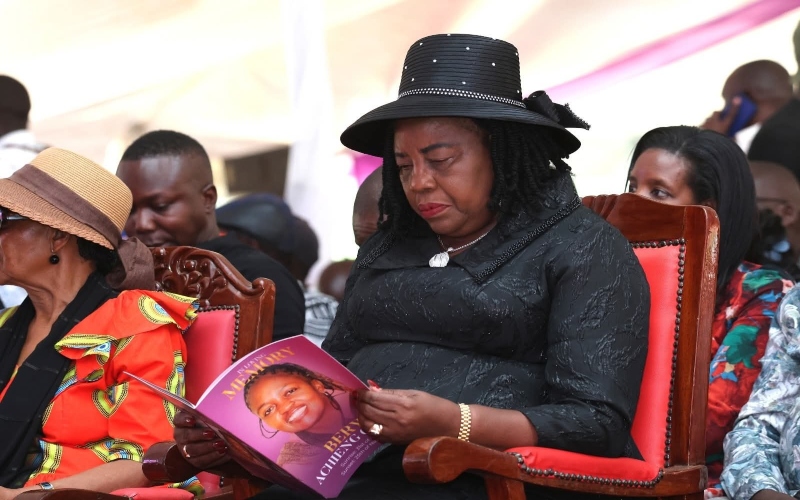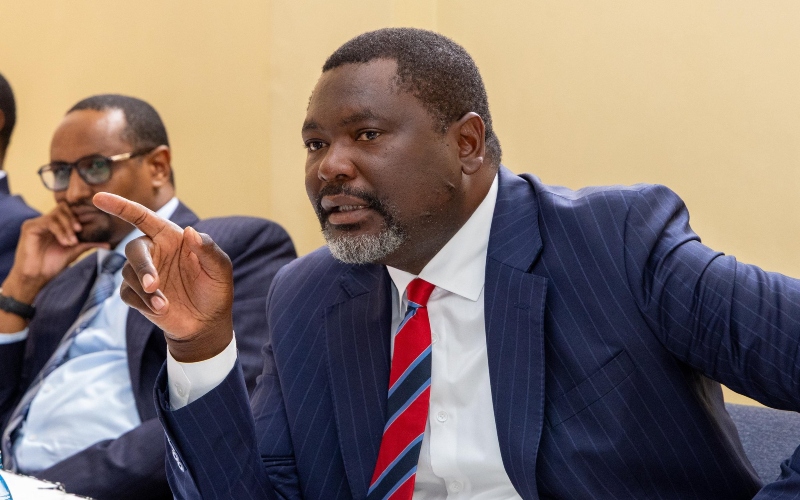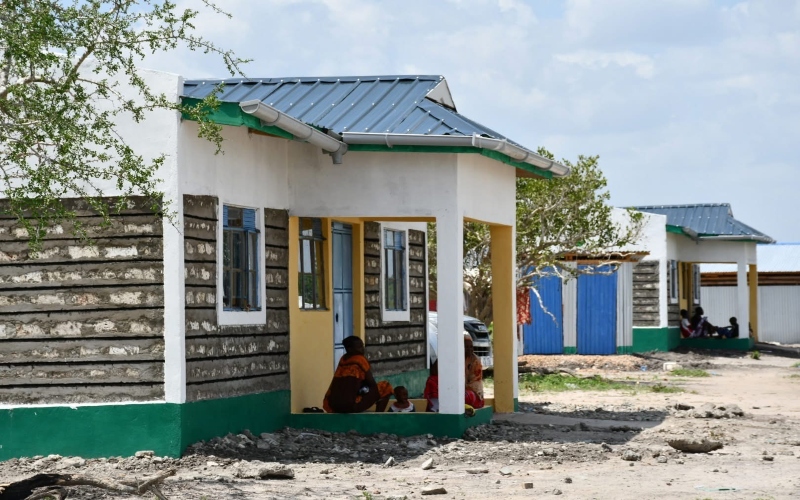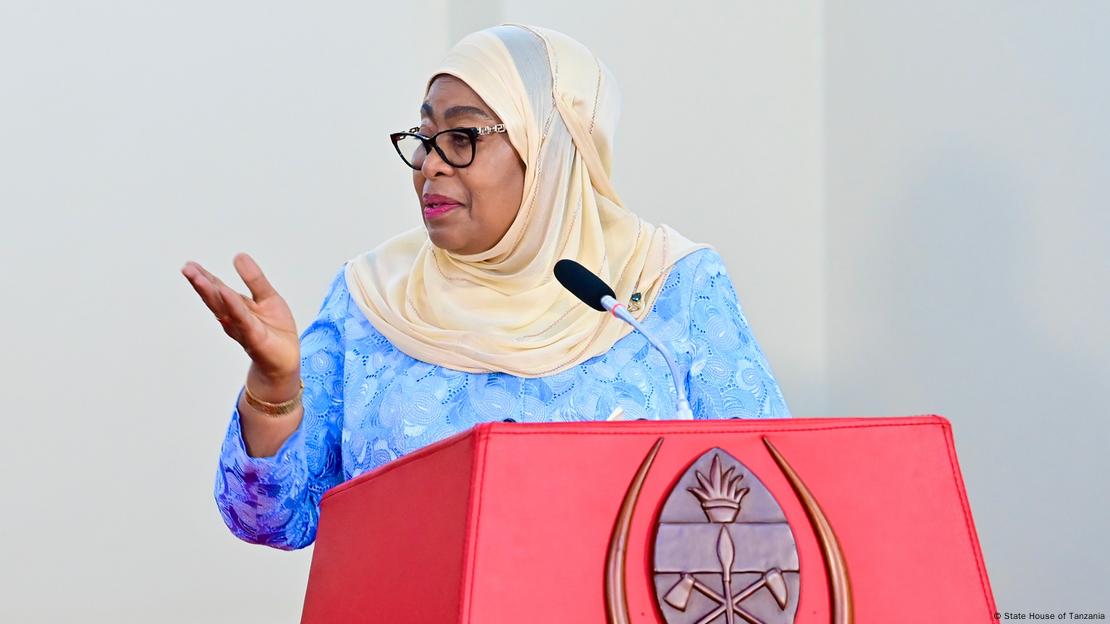Michael Kwambo leads petition to save rugby sevens from World Rugby’s cuts
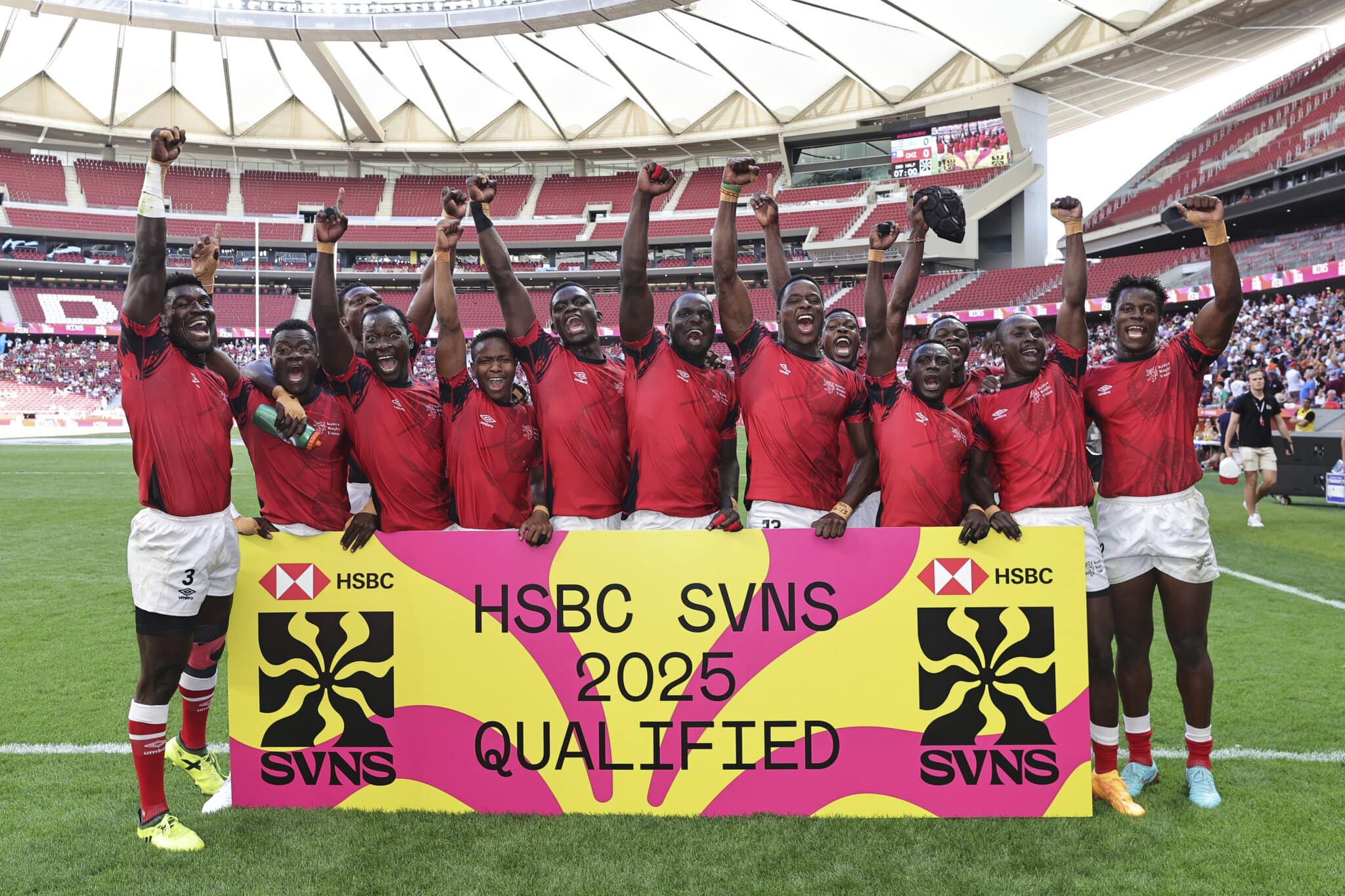
Former rugby player and commentator Michael Kwambo has launched a campaign to challenge World Rugby’s decision to cut the number of core teams in the World Rugby Sevens Series. Through an online petition, Kwambo is rallying fans, unions, and the media to help protect the values of diversity and inclusivity that he says are under threat.
Former rugby player and commentator Michael Kwambo has launched a campaign to challenge World Rugby’s decision to cut the number of core teams in the World Rugby Sevens Series.
Through an online petition, Kwambo is rallying fans, unions, and the media to protect the values of diversity and inclusivity that he says are under threat.
World Rugby recently announced a new format for the Sevens Series. Starting from 2025, the men’s and women’s series will feature just eight teams each, a sharp reduction from the traditional 16-team format. Under this new structure, teams ranked ninth and below will be relegated to a second-tier competition.
More To Read
- Kenya Sevens unveil star squad as Nairobi prepares to host opening leg of HSBC SVNS 2
- What to expect as iconic Safari 7s returns to Nyayo Stadium
- Kenya Rugby Union releases Safari 7s ticket prices for Nyayo Stadium return
- Road to 2027 Rugby World Cup begins in Uganda with Africa Cup clash
- Kenya Morans sparkle early but settle for fourth in Africa 7s campaign
- Kenya Morans blank Ghana, edge Uganda to finish top of Pool A at Africa 7s
Kwambo, a former ruby player and ex-Head of Communications at Kenya Rugby Union, voiced his concern about the impact of this decision on smaller rugby nations.
“The beauty of sevens was always that it gave emerging nations a chance to compete at the top level,” he says. “This new format risks turning it into an exclusive club of elite nations.”
He recalls how Kenya became a core team in 2004 after impressive performances at the 2003 Commonwealth Games and in World Rugby Sevens Series circuits.
“World Rugby noted Kenya brought colour and vibrancy to the competition through its vocal fan base, which is the darling of the World Rugby Sevens Series,” Kwambo says. “Cutting teams like Kenya out of the series will make it less diverse and devalue the product.”
Kwambo believes the recent changes contradict the values that helped rugby sevens gain Olympic recognition.
“When World Rugby was bidding to have rugby sevens recognised as an Olympic sport, they banked on diversity and inclusivity as core values,” he explains. “They even had Humphrey Kayange as the face of their bid. As a Kenyan from a non-traditional rugby nation, Kayange helped show the IOC the global spread of rugby.”
The decision to reduce core teams follows previous cuts in 2023, when the number dropped from 16 to 12, a move World Rugby described as a cost-cutting measure and an effort to align the competition with the number of teams qualifying for the Olympics.
“In 2023, their reasoning was understandable, as it came alongside plans to promote women’s rugby,” Kwambo says. “But the latest cuts go against those core values and threaten the future of the sport.”
Kwambo also criticises how World Rugby now manages the tournament circuits.
“Previously, World Rugby coordinated with local unions to organise Sevens Series events, which helped build capacity at the grassroots level,” he says. “Now, they fly their own staff worldwide, increasing costs and forcing them to cut the number of tournaments and teams.”
This season’s competition, notably, had no European leg.
“Instead of admitting mistakes, World Rugby is making decisions that punish teams and fans,” Kwambo laments. He calls the move “protectionist” and “sneaky,” especially as it came after the season’s top eight teams had been decided.
“Would they have made this decision if Great Britain had finished outside the top eight?” he asks.
Kwambo’s petition calls on the International Olympic Committee to “investigate and reprimand World Rugby for actions that threaten the core values of rugby sevens,” and demands transparency on the changes.
“Rugby Africa tried and failed to convince World Rugby to reverse their decision,” he says. “Mainstream Kenyan media must also raise their voices. Shujaa is one of Kenya’s most valuable sports ambassadors, and without them, there will be less rugby content for media and fans alike.”
🚨 @SVNSSeries is being cut—again.
— Two5Four Rugby (@two5fourKE) April 22, 2025
From 16 core teams to 12…now just 8?
Progress? No, that’s exclusion
This is a call to @Olympics @WorldRugby to defend Olympic values & demand a return to global inclusion
✊🏾 Sign the petition 👉 https://t.co/3K0jeFsXfI@Tier2RugbyForum
The changes will also affect the Kenya Lionesses, who had been on the verge of promotion after topping the 2025 HSBC Women’s Challenger Series.
“This year they are close to achieving that dream, but now they are being told at the last minute that core team status is off limits for them next season,” Kwambo says. He stresses that beyond business decisions, World Rugby must “empathise with the human element of the sport. There are lives and dreams at stake.”
Under the new format, Shujaa and the Kenya Lionesses must now compete in promotion-relegation playoffs in Los Angeles, where even a top-four finish will not guarantee retaining core status. Instead, successful teams will be placed in a newly formed second division, which replaces the current Challenger Series but with fewer guaranteed funds.
“The financial implications for second-tier teams are severe,” Kwambo notes. “Only four of the six teams in this division will earn the £300,000 that core teams receive - and even that is only guaranteed for one year.”
Kwambo warns that the new system is “ambiguous” on promotion and relegation procedures and fears it will further hinder qualification for the Olympic Games.
“Non-core teams will face a longer, tougher route to the Olympics,” he says. “Reduced contact between elite and second-tier teams will widen the gap, which is bad for rugby’s growth worldwide.”
Despite resistance from some quarters, Kwambo hopes the petition, which has already gained over 500 signatures, will pressure World Rugby to rethink its business strategy.
“It’s true rugby faces financial challenges globally, not just post-Covid,” he acknowledges. “But World Rugby must find ways to protect smaller nations that fuel the sport’s diversity and inclusivity.”
Kwambo suggests looking to other sports like football and golf for inspiration, particularly their success in popularising the sport in the Gulf region.
“The Gulf region is investing heavily in almost every sport except rugby,” he says. “World Rugby must grow beyond its inward-looking approach and embrace modern sports marketing trends.”
Most importantly, Kwambo urges greater transparency and better communication from World Rugby.
“The way this change was announced left much to be desired,” he concludes. “They should have communicated it earlier or postponed implementation to the 2026-27 season.”
Top Stories Today





